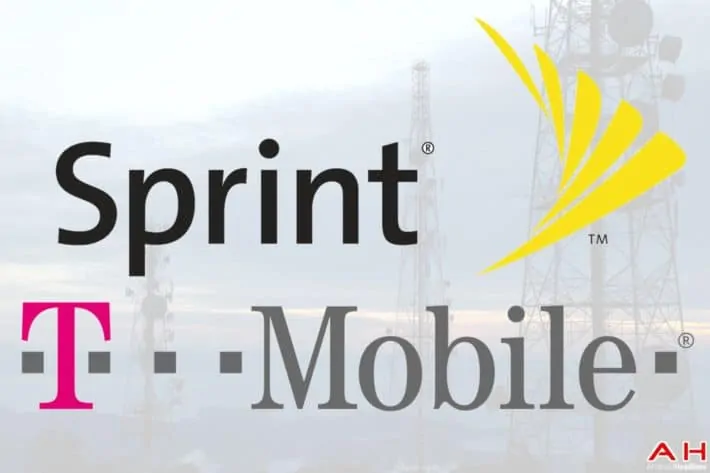In an attempt to prevent joint ventures between national (nationwide) carriers, the FCC is proposing a new Notice of Proposed Rule Making (NPRM), which will prohibit national carriers to bid on spectrum jointly, while being more lenient on smaller, non-national carriers, or, “Designated Entities” (DEs). The FCC took no stand against national carriers and non-national carriers from bidding jointly and is seeking comment on this matter.
In a recent survey of communications providers, “fifty percent [50%] have at one time been hindered in their efforts to provide wireless service due to the actions of a national wireless carrier”, while, “fifty eight [58%] percent have at one time entered into a joint venture with another wireless carrier.” It’s important to note that national providers also participated in the survey.
The FCC voted 5-0 approving the new Notice of Proposed Rule Making (NPRM); though two commissioners were not pleased with certain aspects of the new rules, more specifically, the ability for smaller non-national carriers to purchase spectrum, using tax dollar funding and discounts, and still having the ability to lease 100% of their spectrum. “The NPRM proposes to permit small businesses (known as ‘designated entities’ or ‘DEs’) to obtain taxpayer-funded discounts and then turn around and lease 100% of their spectrum to the world’s largest corporations. It does absolutely nothing good for competition in the wireless marketplace to award bidding credits to entities that flip their spectrum to large incumbent providers. To the contrary, it only makes it harder for small and regional facilities-based providers to win spectrum and compete on a level playing field. The Commission did not need to take this approach,” wrote FCC Commissioner Ajit Pai. Facilities-based providers are providers required to build their own networks.
Commissioner Michael O’Rielly said, “It is hard to see how this wouldn’t sanction middlemen to underpay the American people for their collectively owned scare resource (i.e., spectrum) and pocket the money while doing almost nothing,” which seems to be the biggest gripe from both Commissioners.
Furthermore, the NPRM addresses rural phone companies, small businesses, women-owned firms, as well as firms owned by minorities.
In early August, FCC Chairman Tom Wheeler circulated a proposal that aimed to ban Sprint and T-Mobile from corroborating on a joint bid in the incentive auction. While there were rumors that Sprint and T-Mobile could potentially be merging, this proposal, which was a sign of things to come, probably had a lot of influence on both companies abandoning the rumored merger.
Finally, the NPRM proposed to increase the threshold for revenues of small businesses or non-national carriers, in order to award more bidding credits to these types of providers. In addition, the NPRM proposed to be more lenient by limiting the timing and amounts of past debts on the current requirement of an upfront 150% payment to participate in the auction for providers that have had past financial woes.
The NPRM is expected to govern future auctions by mid-2015 in hopes of spurring new business in the wireless industry.
